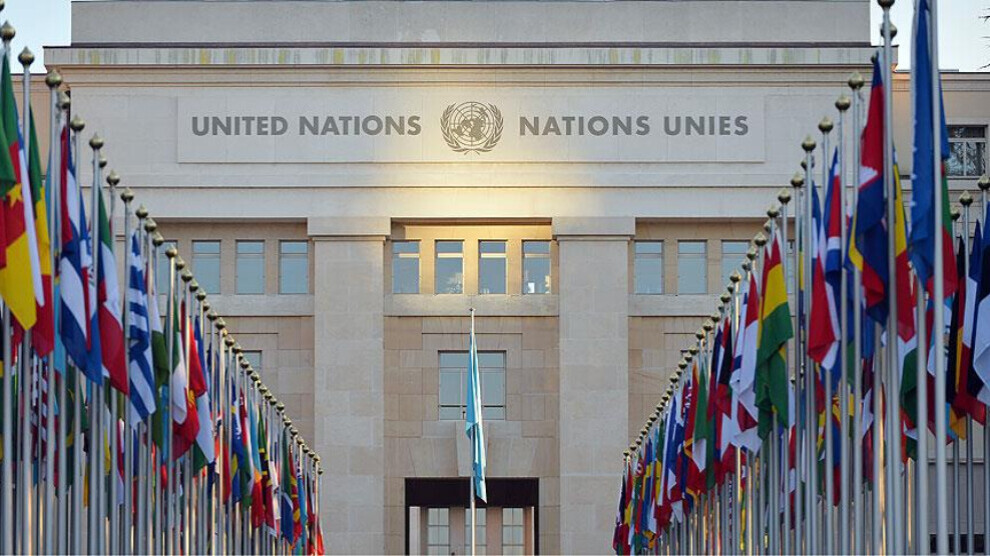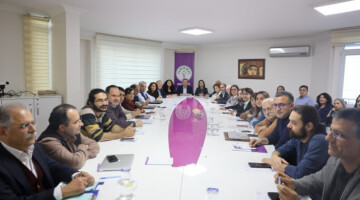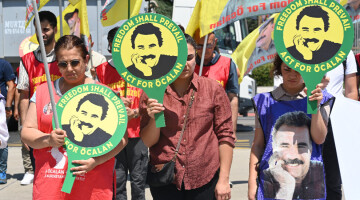The 80th session of the United Nations Committee against Torture continues at the Palais de Wilson of the UN Geneva Office. Within the scope of the sessions, human rights violations in Turkey are being discussed and debated. Rapporteurs of the UN Committee against Torture, representatives of non-governmental organisations presenting reports on Turkey and the Turkish delegation are attending the sessions.
In their presentations, the UN Special Rapporteurs against Torture drew attention to the extent of rights violations in prisons in Turkey and Kurdistan. Special Rapporteur Maeda Naoko, who took the floor here, discussed the isolation of Kurdish People's Leader Abdullah Öcalan in her presentation.
Speaking on behalf of the Turkish delegation in the afternoon session, Fatih Güngör, Deputy Director General of Prisons and Detention Houses at the Ministry of Justice, responded to the special rapporteurs' questions on rights violations in prisons.
Güngör claimed that the standards in Turkish prisons are in line with international conventions and argued that, contrary to the reports of many non-governmental organisations, there is no isolation regime in prisons.
Güngör also briefly answered the question about the İmralı isolation, and although he did not admit the existence of a special practice in İmralı, where Kurdish leader Abdullah Öcalan is held in incommunicato conditions and has not been heard from for 40 months.
Güngör started his speech by stating that Abdullah Öcalan was tried by the State Special Security Courts under Article 125 of the Turkish Penal Code and sentenced to life imprisonment without parole, and defended the disciplinary penalties and bans on lawyer visits that Öcalan has long been subject to on arbitrary grounds.
In an attempt to disguise the İmralı isolation with a legal cover, Güngör stated: "Abdullah Öcalan is currently serving his sentence in İmralı High Security Prison together with 3 other prisoners. Persons who do not act in accordance with the law may be subjected to a series of sanctions by the Prison Administration Observation Board. Some misdemeanours committed in prison may result in a ban on visits. Disciplinary sanctions are under the responsibility of the Prison Disciplinary Board. Once the decision has been taken, the prisoner is informed and can appeal to the Execution Judge. They can even take the matter to an authorised court. Accordingly, family visits for prisoners in İmralı have been suspended for 3 months. Therefore, visits by relatives are prohibited during this period. No objection or complaint has been filed against this decision, which became final and enforceable in April 2024. Lawyer visits were suspended for 6 months by court order in May 2024. This decision was appealed, but the appeal was rejected in June 2024 and the decision became final.’
The 80th session of the UN Committee for the Prevention of Torture will end on 26 July. The programme will continue with the Turkey session tomorrow as well.













